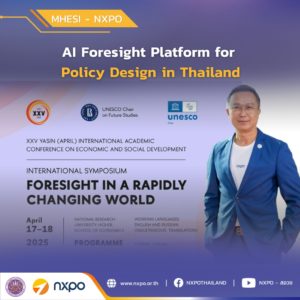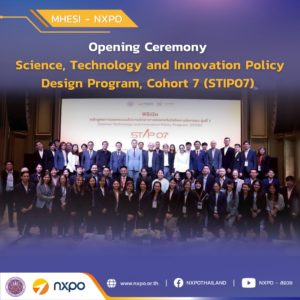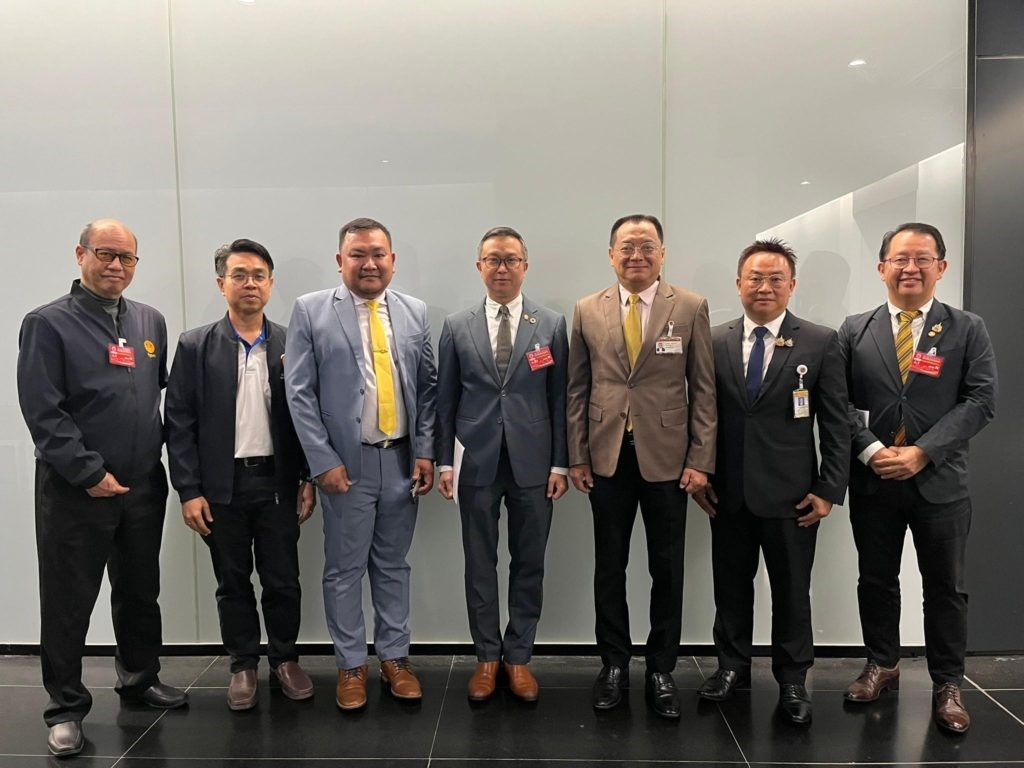
On 15 January 2025, at the Parliament Building, NXPO President Dr. Surachai Sathitkunarat and NXPO Vice President Assoc. Prof. Wongkot Wongsapai participated in the meeting of the Sub Committee on Technology, Research and Innovation for Sustainability to discuss the UN Sustainable Development Goals (SDGs).
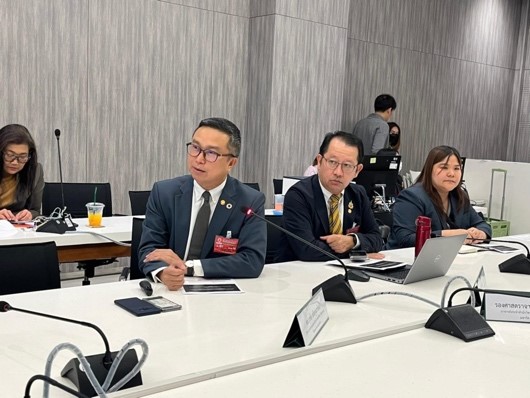
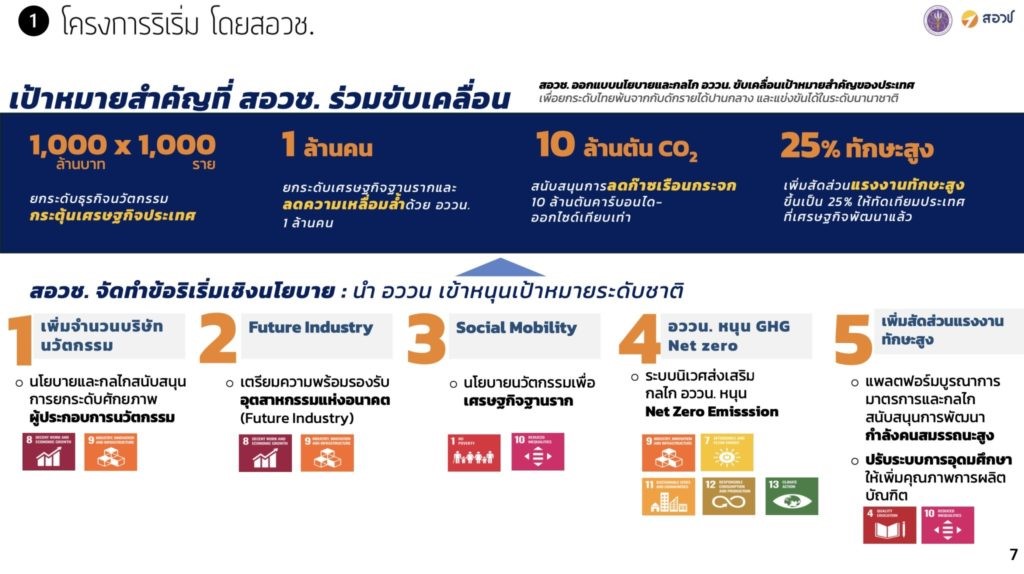
Dr. Surachai outlined NXPO’s key initiatives supporting the SDGs, focusing on three main areas: 1) NXPO-led initiatives, 2) projects under the Science, Research, and Innovation Plan in partnership with Thailand Science Research Innovation (TSRI), and 3) initiatives executed through higher education institutions in collaboration with the Office of the Permanent Secretary for Higher Education, Science, Research, and Innovation.
To strengthen Thailand’s global competitiveness and escape the middle-income trap, NXPO has established several policy initiatives, including: 1) increasing the number of innovation-driven enterprises (IDEs), 2) fostering future industries, 3) promoting social mobility, 4) supporting net-zero GHG emissions, and 5) enhancing the proportion of a skilled workforce. Dr. Surachai highlighted several key projects, such as the “PPP-Saraburi Sandbox: A Low Carbon City” and a memorandum of understanding (MOU) supporting higher education, science, research, technology, and innovation for climate change. This MOU involves four key agencies: NXPO, the Department of Climate Change and Environment, TSRI, and the Council of University Presidents of Thailand.
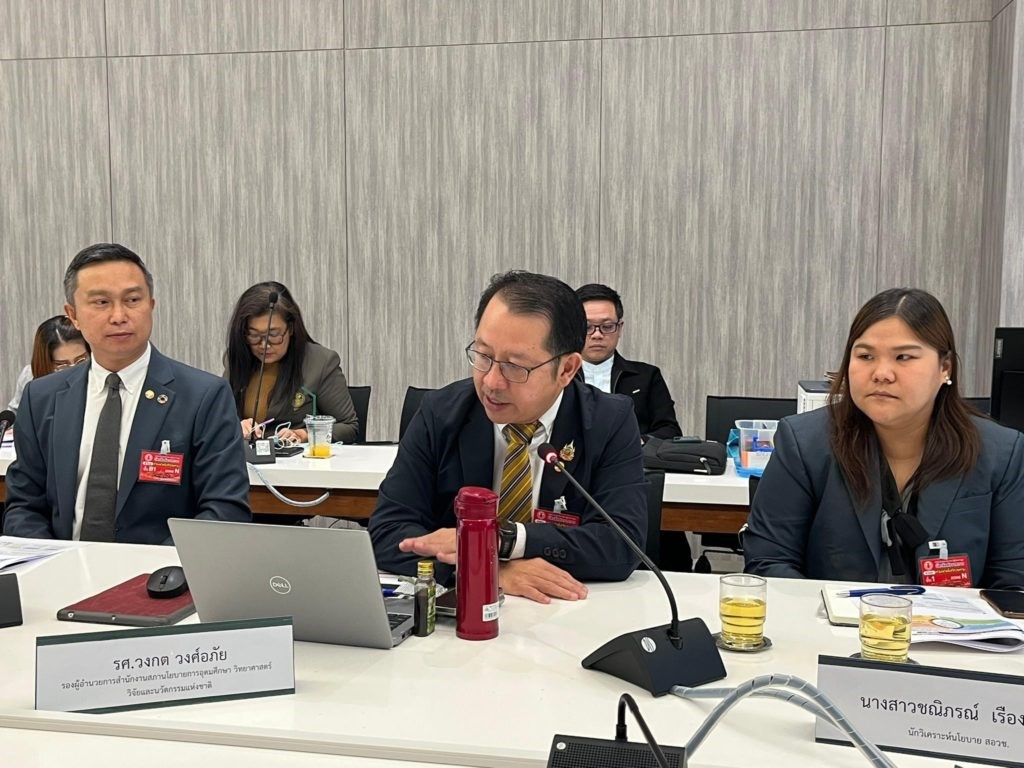
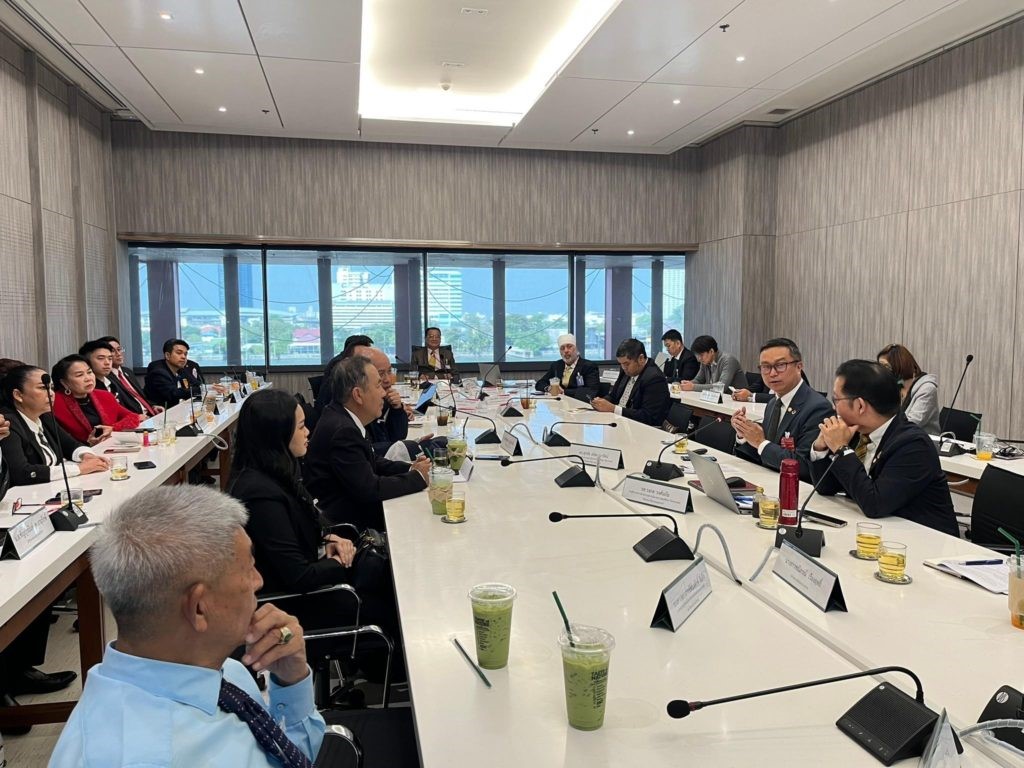
Assoc. Prof. Wongkot elaborated on the Net Zero Campus initiative, which aims to drive net-zero actions within universities by transforming energy systems and fostering green innovations. This initiative has the potential to extend its impact to green industries and communities. A central platform has been established for connecting all universities to advance the country’s Net Zero Emissions objectives.
During the meeting, the subcommittee raised inquiries about enhancing global visibility for Thailand’s net-zero efforts, transferring technology to local communities, providing tax incentives for research and innovation, and the guidelines for applying for technology, research, and innovation funding.
“Addressing national issues requires swift action. Communication with the public must be clear and comprehensible. The feedback and suggestions from this meeting will be incorporated into our efforts to advance science, technology, and innovation, contributing to sustainable development,” Dr. Surachai concluded.

